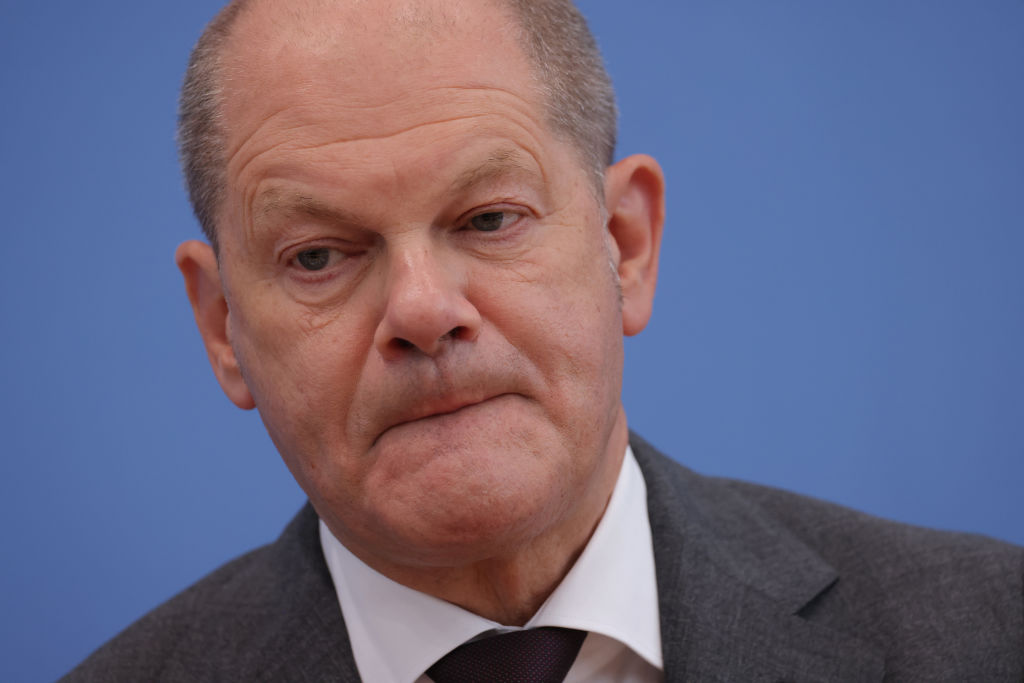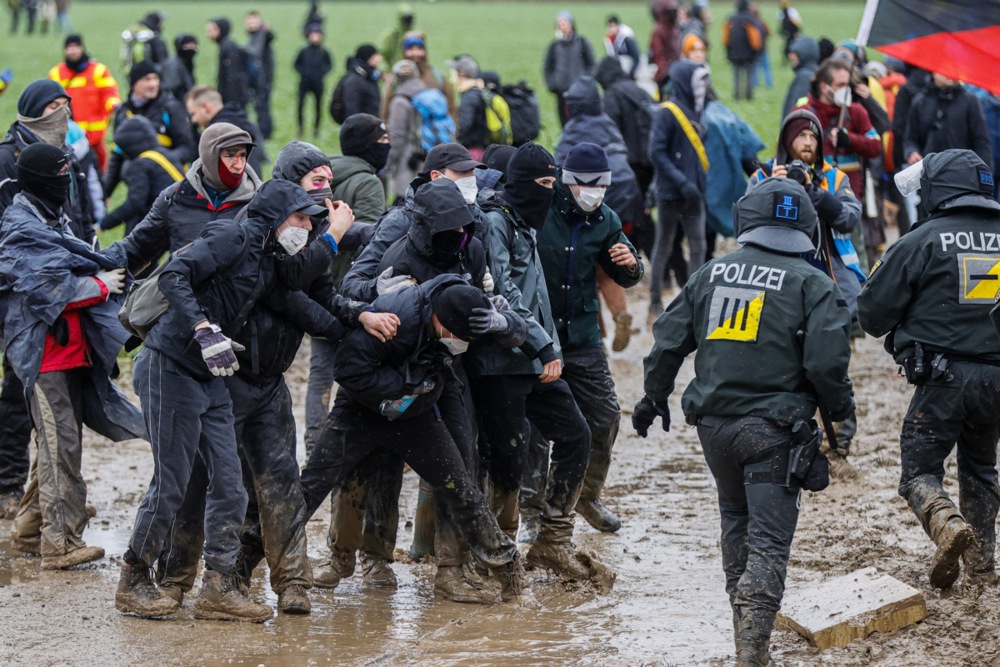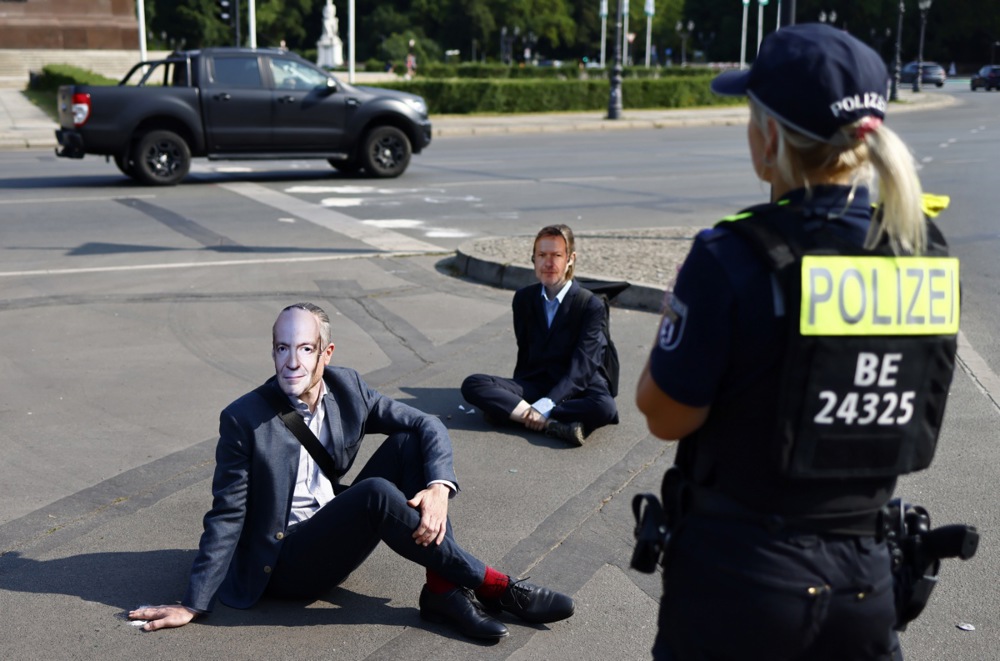A state-funded German broadcaster has been caught interviewing its own staff as part of an alleged vox pop regarding a “green” agenda story.
WDR quizzed a number of people on air in relation to a “True Price” campaign run by German supermarket Penny, which has increased the prices of some of its products to reflect the “damage” they do to the environment.
The broadcaster interviewed one “member of the public”, called Hannah Mertens, who praised the initiative as making consumers “think” and highlighted the damage that certain types of meat can do to the environment.
According to a report by Bild, it now turns out that Mertens was not an average member of the public but was a journalist working for WDR.
The broadcaster has since admitted that it interviewed a member of their own staff but insisted that the incident had been purely accidental.
Zu dieser #BILD-Story: Glaubt ernsthaft jemand, gestern hätte kein Penny-Kunde die „Wahre Preise“ Aktion gut gefunden, so dass wir eine Mitarbeiterin als Schauspielerin hätten einsetzen müssen? Passiert ist ein saublöder Fehler. Die Kollegin ist zufällig nach ihrer Frühschicht in https://t.co/dZzfJXkRZS
— Stefan Brandenburg (@SBrandenburg_) August 1, 2023
“Does anyone seriously believe that no Penny customer found the ‘True Prices’ campaign good yesterday, so that we would have had to use an employee as an actress?” Stefan Brandenburg, WDR‘s news editor in chief, wrote online.
Brandenburg went on to claim that Mertens was “just in the supermarket by chance” and was not recognised by the reporter covering public reaction.
She is then said to have told the interviewer that she worked for WDR but the broadcaster said that she was misheard as saying that she was “aware” of the supermarket story via WDR radio.
“A stupid mistake happened,” Brandenburg insisted. “If the reporter had understood that he was dealing with a colleague, he would never have included her short [interview],” he said, asking for the public to “respect” that the incident was a mere error and nothing more.
It is far from the first time a German national broadcaster has been accused of similar misrepresentations, accidental or not.
ZDF, another publicly funded channel in the country, raised eyebrows last year after publishing an image of a German nuclear power plant with soot-black clouds billowing out of it. That was despite the fact that nuclear power plants release only water vapour, which overwhelmingly takes the form of white mist.
The photo prompted some to accuse the organisation of editing the image to deliberately darken the clouds. Responding to the controversy, ZDF stated that the vapour was coloured to represent the “possibility of blackouts and overall instability” within the energy grid at the time.





